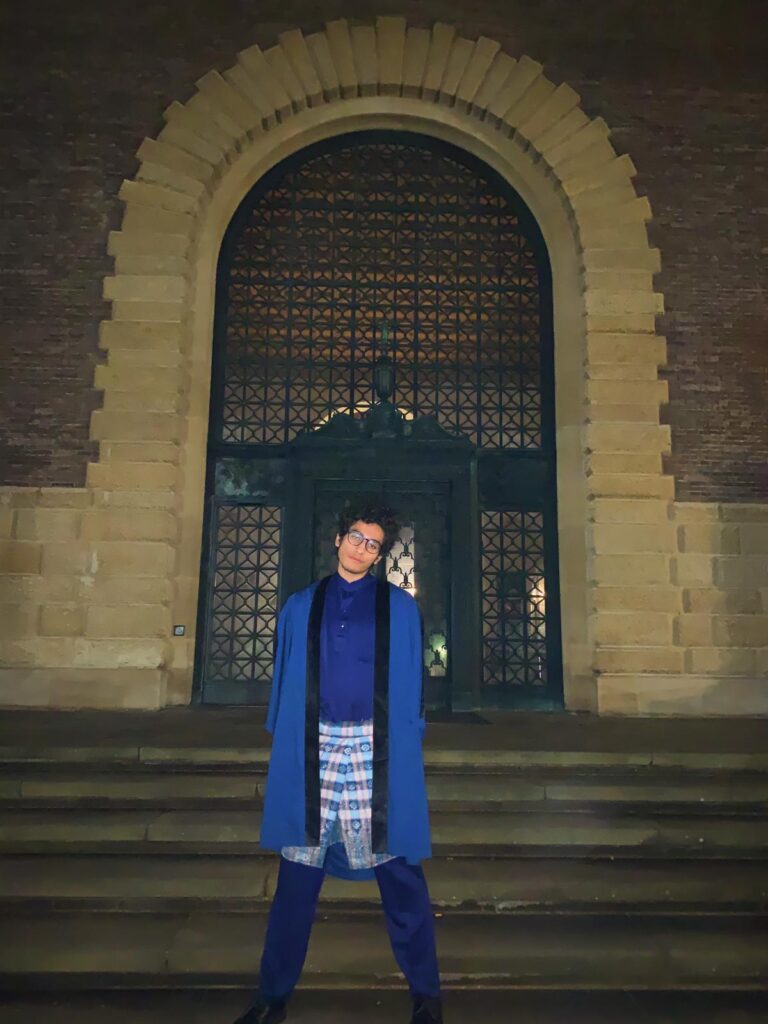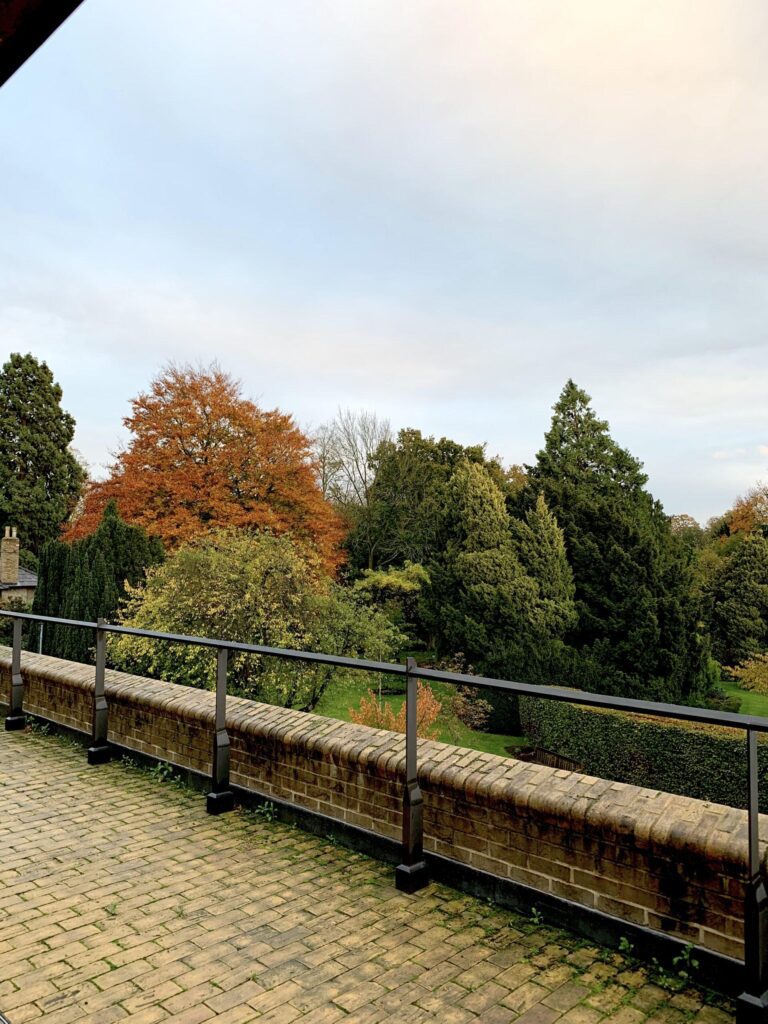
But they become harder when you realise that in this period of mass flux, nothing is rendered certain, and slowly you see yourself turn victim to a divide that seems to grow perpetually without remorse. For distance, no matter the magnitude is still restricted in its definiteness, but less can be said for time.
It was under these pretexts that I find myself on a plane to uni. The goodbye crowd at the airport was wholly heartwarming, yet I found myself exhausted by the end of it. Carrying this fatigue, I found solace in the economy seat that soon became a makeshift bed, blissfully unaware of the events that lay ahead of my arrival. In retrospect, arrival in Heathrow is now a collection of blurry snapshots and experiences, and one wonders whether general anxiousness is to blame, or if it has now (in the time of writing) felt like ages ago, an experience rendered obsolete by the string of events and piles of work that followed.
But how does this relate to a sense of urgency? If anything, it seems that these narratives project an eased recollection of a greatly shared feeling of starting uni life in a foreign country. This in a sense is quite fair to say. So why this topic?


My writing here in no way is to intend a manifesto that calls upon students worldwide to agitate against the times to bring back normalcy within our lives. On the contrary, I find it crucially important, as everyone should, to stay within the comfort of our homes to protect those most vulnerable. I recognise that in writing this, I come from a place of relative privilege, for I am instead safe and healthy in a uni accommodation compared to those who struggle between and in finding jobs for sustenance, and those who are rendered particularly liable to the biological effects of the pandemic.
What I instead want to bring to light is the consideration that must be given to these lives, and the flexibility for action to engage with these issues that are just as important. Passive acknowledgment through the distribution of pamphlets highlighting that “someone cares” has been proven insufficient. What we need is to start a discourse that tackles the issue of mental health among students head-on and to demand proactive and inclusive action for its mitigation. Safe spaces must hold true to their promises – to provide an avenue for the expression of grievances that are likely to be raw and unfiltered without fear of ostracisation. What we need is not necessarily physical reforms, for I have made it clear that we are aware of the pandemic and the distraught it brings to others. Rather, what we only helplessly desire is empathy, to understand that our words do not come from a place of malice, but from a thought process that has encountered periods of mass turbulence, void of familiar faces and bodies to lend a much-needed shoulder to cry on.
It is quite ironic that in times of mass ambiguity, we are yet to form responsive modes of governance and administration that attend to our complex and uncertain needs. Understanding the caveats of broad strokes of generalisation, I refrain from discussing the particular forms that these reforms in modes of thinking about the pandemic should take place, for it is instead the burden of local government and non-governmental bodies to listen carefully to the silent hum for help from their populace. At the end of the day, the university should entail a phase of life where one is not only subjected to periods of mass workloads (as I currently find myself tackling) but also moments of liberating self-discovery where a niche sense of self is established within this multi-world globe.
Again, a reiteration must be made that this is only a fraction of the issues that pertain to mental health, for its devastating effects know no boundaries of age, occupation, or background. We can only hope for this piece to bring forward other distinct experiences that need to be respected both for its distinctions and its similarities in a global network of those who find themselves struggling. In essence, we at Mula understand and feel for those who are finding themselves in particularly difficult situations – be it in health, finance, or mentally. What we seek is to raise the alarm to urgently reconsider the structures and relations that have formed the basis of society and to question its sustainability, especially in times of crisis.
Photographs by Thaqif Aris

